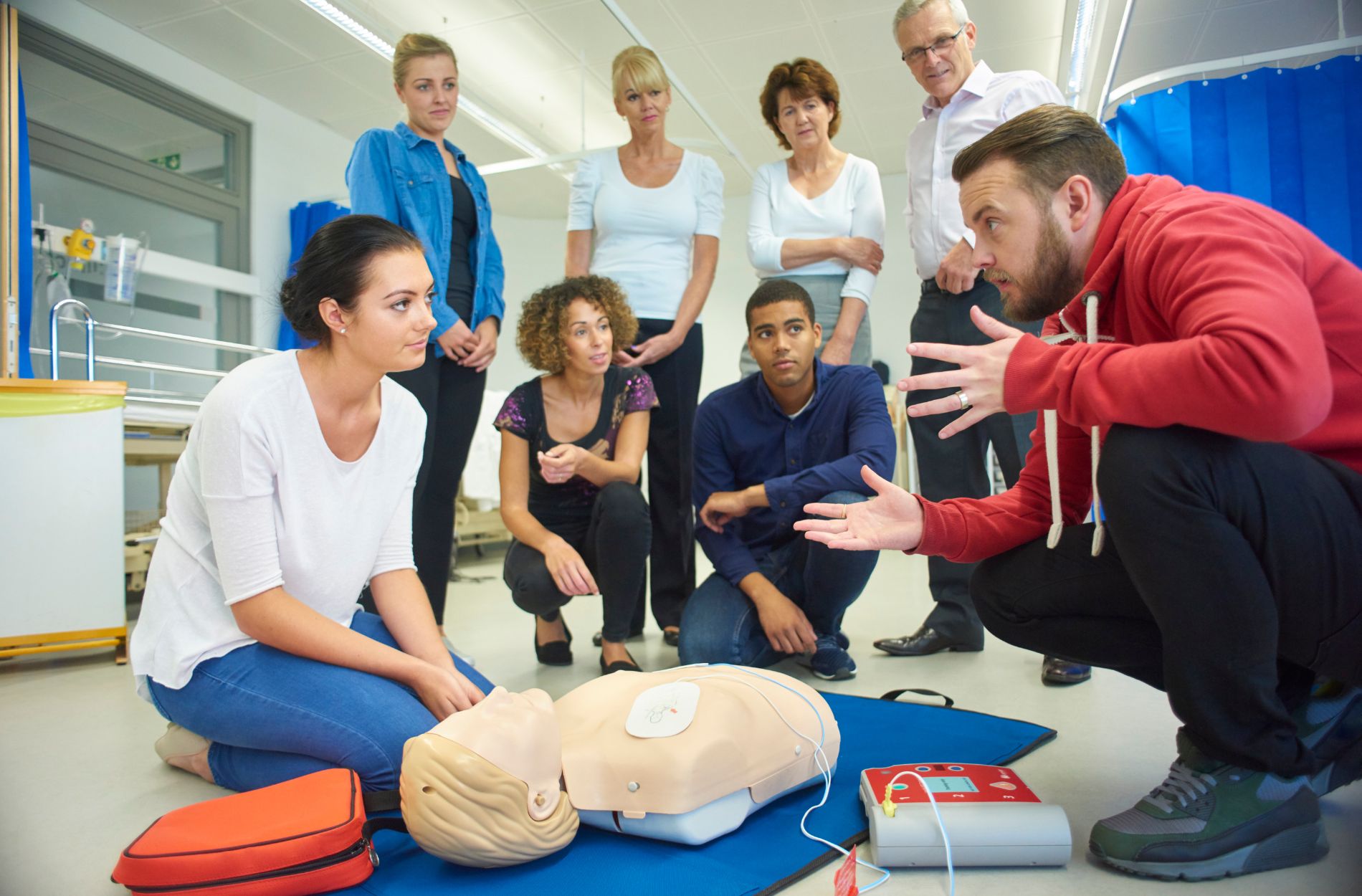Attaining a First Response Emergency Care (FREC) 3 qualification can open doors to numerous career opportunities in emergency medical services. Whether you’re looking to start a new career or enhance your current role, understanding the potential paths available with FREC 3 is essential. This certification offers a solid foundation in emergency care, equipping you with skills that are highly valued across various sectors.
The FREC 3 course is designed to develop your abilities in managing medical emergencies, from basic life support to responding to trauma incidents. This qualification is recognised in the emergency services field, making it a strong starting point for those aiming to pursue advanced medical training. Furthermore, the skills you gain from this course are essential for a wide array of roles, ensuring you’re prepared for real-world medical emergencies.
In this article, we will explore the career opportunities that a FREC 3 qualification can unlock. You’ll learn about the various skills and competencies you will gain, and how you can advance your qualifications beyond FREC 3. We will also address common questions related to career prospects, providing you with a comprehensive guide to maximising the benefits of your FREC 3 certification.
Career Opportunities with FREC 3
A FREC 3 qualification can open up a variety of career paths in the emergency medical field. This course is recognised by multiple organisations, providing you with a credential that can be leveraged in numerous settings.
- Emergency Medical Responder: This role involves being the first to arrive at emergency scenes. You will provide crucial initial care and support to individuals in distress, stabilising their condition until more advanced medical help arrives.
- Event Medic: Many public events, such as concerts, sports events, and festivals, require on-site medical support. As an event medic, you will be responsible for addressing any medical emergencies that occur during these events.
- Community First Responder: Working as a community first responder involves assisting your local emergency services. You will often be dispatched to medical emergencies in your community, providing vital care before the arrival of ambulances.
- Security and Safety Roles: Many security roles, particularly in high-risk environments, require first aid and emergency response training. Your FREC 3 qualification can make you an ideal candidate for these positions.
- Transport Services: Providing emergency care during transport, whether as part of a patient transport service or working on medical evacuation teams, is another career pathway available to FREC 3 holders.
Skills and Competencies Gained from FREC 3
The FREC 3 course equips you with a broad range of skills and competencies that are essential in emergency medical settings. These skills not only help you respond effectively in emergencies but also enhance your professional profile.
- Basic Life Support (BLS): Learning how to perform CPR and other life-saving techniques is a key component of FREC 3. These skills are fundamental for any emergency responder.
- Trauma Management: You will gain skills in managing traumatic injuries such as fractures, burns, and severe bleeding. This is crucial for providing immediate care to injured individuals.
- Medical Emergency Response: The course teaches you how to handle medical emergencies including heart attacks, strokes, and diabetic complications. This comprehensive knowledge is vital for a wide range of roles.
- Patient Assessment: You will learn how to carry out detailed patient assessments, ensuring you can identify and prioritise care needs effectively. This skill is particularly important in fast-paced emergency environments.
- AED Usage: Understanding how to use Automated External Defibrillators (AEDs) is another critical skill gained from FREC 3. This can be life-saving in cases of cardiac arrest.
The competencies developed through FREC 3 not only prepare you for current roles but also provide a strong foundation for further training and career advancement.
Advancing Your Qualifications Beyond FREC 3
While a FREC 3 qualification provides a strong foundation, advancing your qualifications opens up even more career opportunities. Here are some options to consider:
- FREC 4: This course builds on what you’ve learned in FREC 3, offering more advanced training. It covers more complex medical scenarios, enhancing your ability to handle a wider range of emergencies.
- Paramedic Training: If you’re looking to take your career to the highest level in emergency care, paramedic training is a logical next step. This involves more extensive coursework and clinical practice, preparing you for a career as a licensed paramedic.
- Specialised Courses: Other options include specialised training in areas such as paediatrics, mental health emergencies, or advanced trauma care. These courses can make you more versatile and valuable in the field.
- Higher Education: Pursuing a degree in emergency medical care, nursing, or a related field can also be beneficial. This route often leads to more advanced positions and increased responsibilities.
FAQs About FREC 3 and Career Prospects
What Jobs Can I Apply for with a FREC 3 Qualification?
You can pursue roles such as emergency medical responder, event medic, and community first responder. The qualification also benefits those in security and transport services.
Is FREC 3 a Recognised Qualification?
Yes, FREC 3 is recognised by multiple organisations, making it a valuable certification in the emergency care field.
What Are the Next Steps After Completing FREC 3?
You can advance to FREC 4, undertake paramedic training, or enrol in specialised and higher education courses to further your skills and career prospects.
How Long Is the FREC 3 Certification Valid?
FREC 3 certification is typically valid for three years. Recertification is required to keep your skills up to date.
Can I Work Internationally with a FREC 3 Qualification?
While FREC 3 is recognised in many places, it’s important to check the specific requirements of the country where you want to work.
Conclusion
Obtaining a FREC 3 qualification is a valuable step towards a fulfilling career in emergency medical services. The comprehensive training you receive equips you with essential skills and competencies, making you a capable and confident responder in emergency situations. The potential career opportunities are varied, ranging from emergency medical responder roles to event medic positions, and even more specialised roles as you advance your qualifications.
For those looking to further their careers, options like FREC 4, paramedic training, and additional specialised courses provide pathways to even greater professional achievements. The knowledge and skills gained from FREC 3 serve as a solid foundation for continued learning and career growth.
Are you ready to take the next step in your emergency medical career? Explore the first response emergency care options at CR Training and enrol in a FREC 3 course today. Enhance your skills, expand your job prospects, and make a real difference in emergency care.




